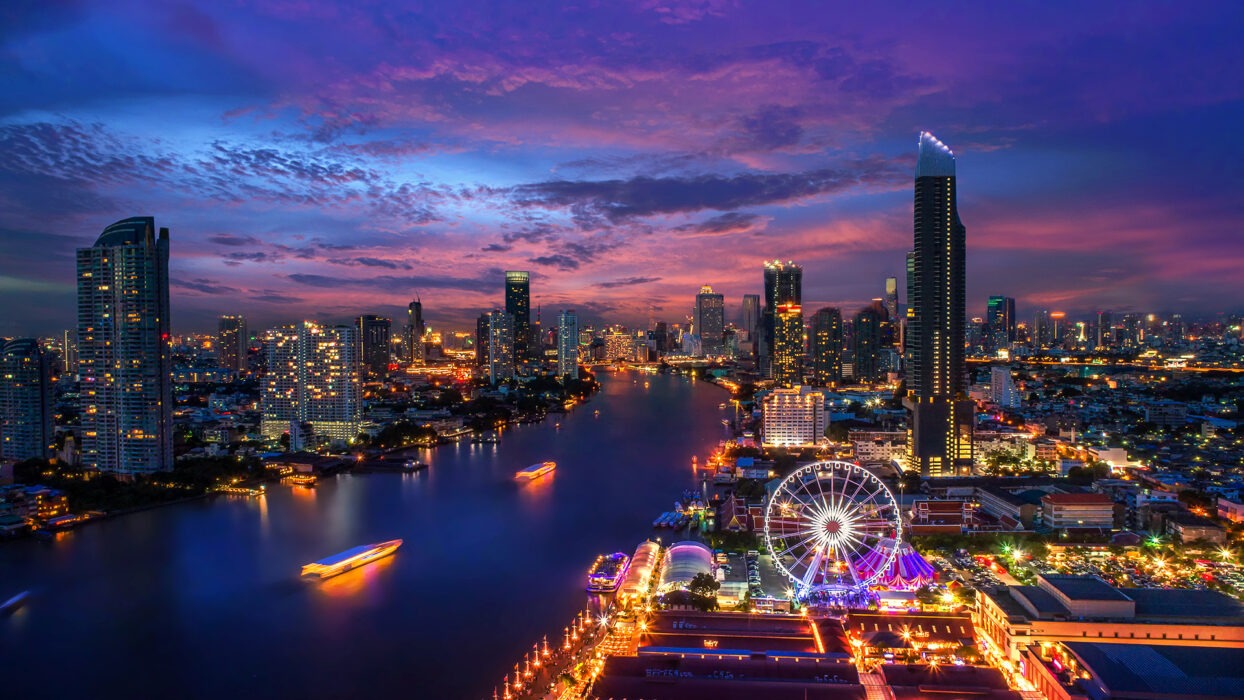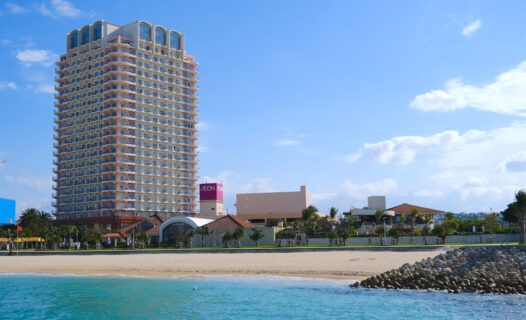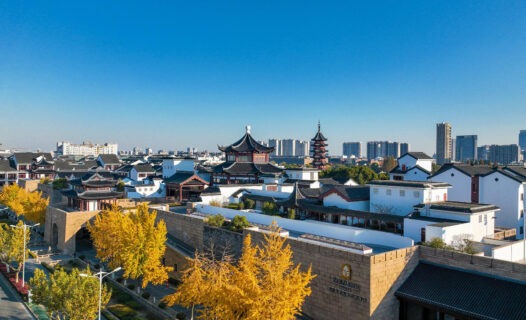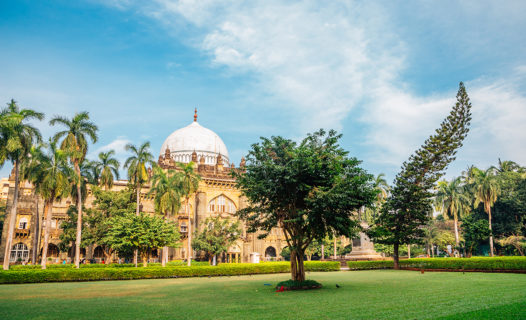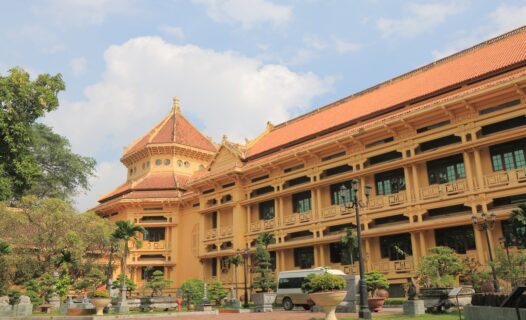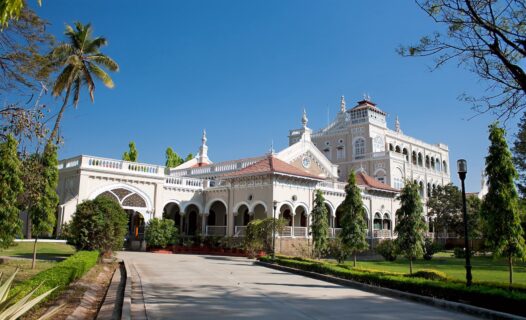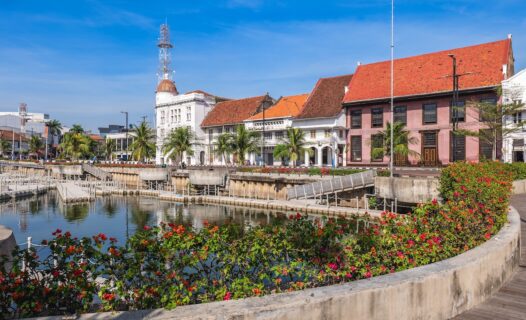Welcome to the Joyous Celebration of Songkran!
Songkran, the Thai New Year festival, is a time of joy, renewal, and, of course, water! Celebrated annually from April 13th to 15th, this vibrant festival marks the transition into the new year with lively street parties, traditional ceremonies, and the iconic water fights that leave everyone soaked and smiling. It’s a time to honor the Buddha, pay respect to elders, and enjoy the company of friends and family. But what truly makes this festival special is the connection it fosters among people, both locals and travelers alike.
As you prepare to join in the festivities, learning a few Thai phrases for Songkran can significantly enhance your experience. Not only does it show respect for the local culture, but it also opens doors to delightful interactions with the warm-hearted Thai people. So, grab your water guns and let’s splash into some essential Thai phrases that will make your Songkran adventure even more memorable!
Essential Thai Phrases for the Songkran Festival
To fully immerse yourself in the fun of Songkran, knowing how to communicate with locals is key. Here are some essential Thai phrases that will help you navigate the celebrations with ease. Whether you’re splashing water, sharing smiles, or enjoying delicious street food, these phrases will come in handy!
During the water festivities, you’ll find that certain phrases pop up frequently. For instance, when you’re joining in on the water fights, it’s common to shout out phrases like “Rao len nam!” (เราลงน้ำ) which means “We play with water!” This phrase captures the spirit of the festival perfectly and invites others to join in on the fun.
Another fantastic phrase to know is “Ying nam!” (ยิงน้ำ), which translates to “Shoot water!” This is a fun way to engage with fellow participants and get everyone excited about the water battles. Plus, using these Thai phrases for fun will surely earn you some smiles and laughter from the locals!
Greetings and Expressions to Kick Off the Festivities
As you dive into the celebrations, greetings play a crucial role in Thai culture. A simple “Sawasdee” (สวัสดี), meaning “Hello,” can go a long way in making connections. Don’t forget to add a friendly smile to your greeting—it’s the universal language of kindness!
When you meet someone during the festivities, try saying “Chao wan songkran!” (สุขสันต์วันสงกรานต์), which means “Happy Songkran Day!” This phrase not only expresses your enthusiasm for the festival but also shows that you’re embracing the local culture. The joy of exchanging greetings can create a friendly atmosphere, making your interactions all the more enjoyable.
And let’s not forget the importance of expressing gratitude! A heartfelt “Khob Khun” (ขอบคุณ), meaning “Thank you,” is essential when someone shares a moment of joy with you, whether they splash you with water or offer you a tasty treat. These simple phrases are the building blocks of friendly interactions during Songkran.
Fun Thai Vocabulary for Water Activities
Now that you’re ready with some key phrases, let’s splash into the fun vocabulary related to the water festivities of Songkran! This is where the real excitement begins. Knowing the right words will not only help you join in on the action but also make your interactions with locals even more delightful.
First up, let’s talk about the word “Nam” (น้ำ), which means “water.” This is the star of the show during Songkran! You’ll hear it everywhere as people fill buckets and water guns to prepare for the epic water fights.
When you’re in the thick of the action, you can shout “Rao len nam!” (เราเล่นน้ำ), meaning “We play with water!” This phrase captures the essence of the festival and invites everyone around to join in the fun. Imagine the laughter and excitement as you call out this phrase while splashing water everywhere!
And don’t forget to use “Ying nam!” (ยิงน้ำ), which means “Shoot water!” This phrase is perfect for rallying your friends or challenging a fellow participant to a friendly water duel. It’s all about creating memorable moments and sharing joy with those around you!
Cultural Etiquette and Customs to Remember
As you immerse yourself in the Songkran festivities, it’s important to embrace the cultural customs that make this celebration so special. Thai culture is rich with traditions, and respecting these customs will enhance your experience and help you connect with locals.
One of the key customs during Songkran is the “wai” greeting. This involves placing your hands together in a prayer-like gesture and bowing slightly. It’s a sign of respect and is often used when greeting elders. Mastering the wai is a fantastic way to show appreciation for Thai culture and the people you meet!
Additionally, Songkran is a time to honor elders and pay respect to family members. You might witness beautiful rituals where water is poured over Buddha statues and the hands of elders as a sign of respect and blessings. Joining in these customs, even as an observer, will deepen your understanding of the festival and the values it represents.
Culinary Delights to Savor During Songkran
No celebration is complete without delicious food, and Songkran is no exception! As you splash around, make sure to take breaks to indulge in some mouthwatering Thai dishes. Here are a few must-try foods that will tantalize your taste buds during the festival.
First on the list is Pad Thai, a beloved stir-fried noodle dish that combines rice noodles, shrimp or chicken, bean sprouts, and peanuts, all tossed together in a tangy sauce. It’s a perfect fuel-up after a long day of water fights!
Another favorite is Som Tum, a spicy green papaya salad that packs a punch with its zesty lime dressing, fresh herbs, and crunchy peanuts. This dish is refreshing and pairs wonderfully with the warm weather of April.
And, of course, you can’t miss Mango Sticky Rice, a sweet treat made with glutinous rice, fresh mango slices, and coconut milk. This dessert is a delightful way to cool down after a day of festivities. Don’t forget to express your enjoyment by saying “Khob Khun” (ขอบคุณ) to the vendors who serve you!
Engaging with Locals: Building Connections Through Language
One of the most rewarding aspects of traveling is the connections you make with locals. During Songkran, you’ll find that the atmosphere is filled with warmth and friendliness, so don’t miss the opportunity to engage with the people around you!
Using the Thai phrases you’ve learned will open doors to delightful conversations. Start with a simple “Sawasdee” (สวัสดี) as you greet someone. You can follow up with “Chao wan songkran!” (สุขสันต์วันสงกรานต์) to wish them a happy Songkran! These small gestures can lead to meaningful interactions and even friendships.
If you’re feeling adventurous, ask locals about their favorite Songkran traditions or foods. A friendly question like “Khun chao arai?” (คุณชอบอะไร?) meaning “What do you like?” can spark engaging conversations and help you learn more about the festival from a local perspective.
Regional Variations of Songkran Celebrations
While Songkran is celebrated nationwide, each region in Thailand has its own unique twist on the festivities. Exploring these regional variations will give you a richer understanding of the culture and traditions that make Songkran so special.
In Chiang Mai, for instance, the celebration is known for its grand parades and traditional ceremonies. You’ll find locals pouring water over Buddha statues as part of the festivities, creating a serene atmosphere amidst the lively water fights. The phrase “Songkran sa-wat-dee!” (สงกรานต์สวัสดี) meaning “Happy Songkran!” is commonly used here.
In Bangkok, the capital city, the streets come alive with massive water fights and street parties. The famous Khao San Road transforms into a water battleground, where tourists and locals alike join in the fun. Here, you might hear the phrase “Nam na!” (น้ำหน้า) meaning “Water on your face!” as people splash each other playfully.
Safety Tips for Enjoying Songkran
While Songkran is all about fun and celebration, it’s important to keep safety in mind. Here are some practical tips to ensure you have a blast while staying healthy and safe during the festivities.
First, remember to stay hydrated! With all the excitement and sun, it’s easy to forget to drink water. Keep a bottle handy and sip throughout the day to stay refreshed.
Sun protection is also key. Apply sunscreen generously, especially if you plan to be outdoors for extended periods. A hat and sunglasses can also help shield you from the sun’s rays.
Lastly, be cautious of slippery surfaces. With water everywhere, it’s easy to lose your footing. Watch your step and be mindful of your surroundings, especially in crowded areas.
Interactive Learning Resources for Thai Phrases
Ready to take your Thai language skills to the next level? There are plenty of resources available to help you learn more phrases before you arrive in Thailand. Language learning apps like Duolingo and Babbel offer fun and interactive ways to practice Thai on the go.
Additionally, websites like ThaiPod101 provide lessons tailored for travelers, focusing on phrases you’ll need during your trip. If you prefer in-person learning, consider joining a local Thai language class or finding a language exchange partner to practice with.
Commonly Asked Questions About Songkran and Thai Phrases
As you prepare for your Songkran adventure, you might have some questions about the festival and the Thai language. Here are some frequently asked questions to help clarify any uncertainties.
Q: What’s the significance of Songkran?
A: Songkran marks the Thai New Year and is a time for cleansing and renewal. It’s a celebration of family, respect for elders, and the joy of coming together.
Q: How can I participate in the water fights?
A: Join in the fun by bringing your own water gun or bucket! Just remember to be respectful and only splash those who are willing to join in the fun.
Q: Are there any phrases I should know for food stalls?
A: Absolutely! Phrases like “Aow ni” (เอานี่) meaning “I’ll take this” and “Tao rai?” (เท่าไหร่) meaning “How much?” will come in handy when ordering food.
Fun Facts About Songkran and Thai Language
Did you know that Songkran is celebrated not just in Thailand, but also in other countries with significant Thai populations, such as Laos and Myanmar? Each country has its own unique customs, but the spirit of water and renewal remains the same!
Another fun fact: the word “Songkran” comes from the Sanskrit word “Sankranti,” which means “to move” or “to change.” This reflects the transition into the new year and the changing of the seasons.
And let’s not forget about the Thai language itself! Thai is a tonal language, meaning that the tone in which you say a word can change its meaning. For example, the word “ma” can mean “dog” or “come,” depending on the tone used. This adds a fun challenge to learning Thai and makes your interactions even more engaging!

